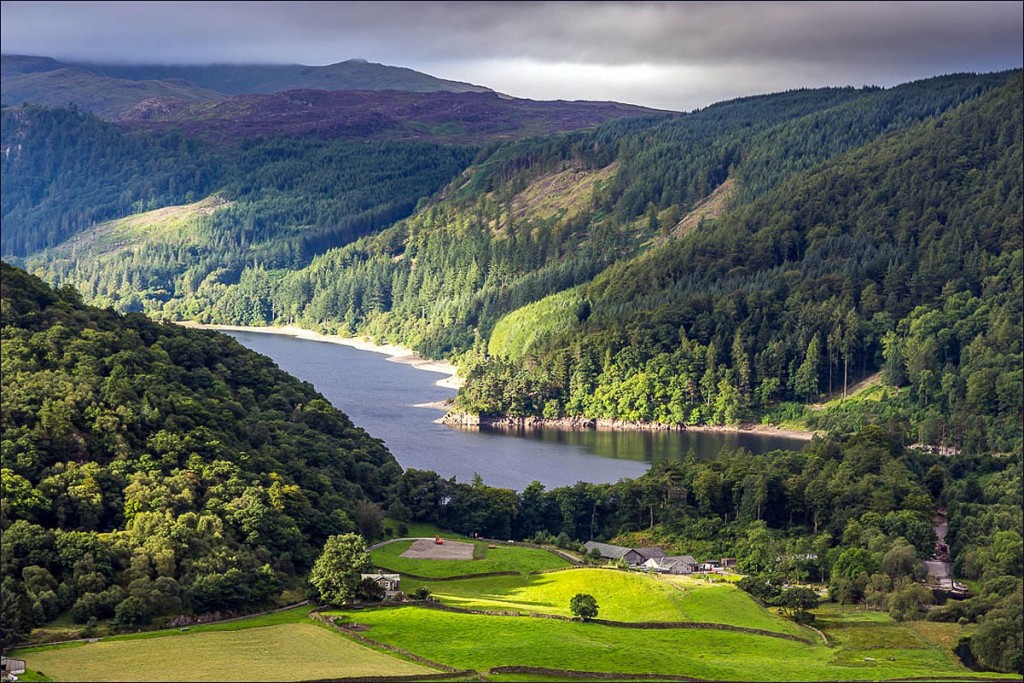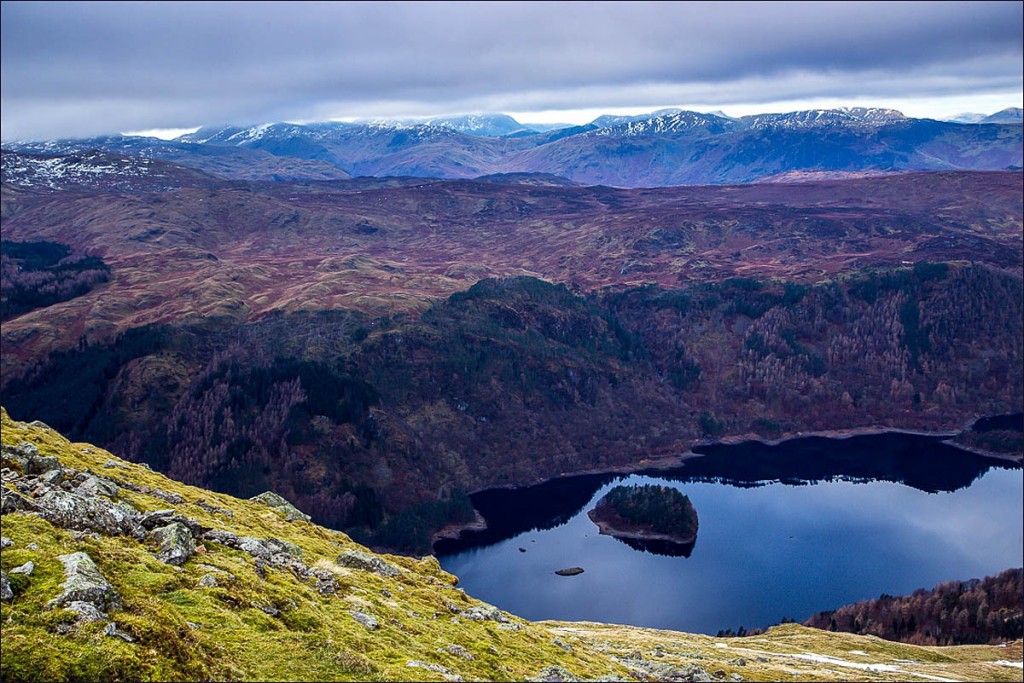The Friends of the Lake District said the current application for zipwires over the Thirlmere reservoir provide a litmus test for the country’s national parks.
The conservation charity said the development could set a precedent for further commercial activity around Thirlmere, the wider valley, and the Lake District national park at large.
Tree Top Trek, which operates a high-ropes adventure facility near Windermere which includes a small zipwire, has submitted an application for an activity hub at Thirlmere. The proposed development would have twin four-line zipwires crossing the lake and the main A591 road, plus an improvement to cycle tracks round the shores of the reservoir to provide a family friendly cycleway.
Lake District Park Partnership Business Task Force, which is co-ordinated by the national park authority, and Cumbria Tourism both recently expressed support for the plans. Tree Top Trek owner Mike Turner sits on the executive board of the tourism body.
But the proposals have sparked vociferous opposition from many in the area and the Friends of the Lake District is also objecting to the plans for the zipwires, though it backs the creation of an upgraded cycleway.
A Friends’ spokesperson said: “It could provide the litmus test which highlights the priorities and future focus of our park authorities.
“We may soon see whether our national parks are to be conserved as areas of escape, cherished as places of adventure and quiet pursuit or to become more amenable to commercial interests and income generation.
“This is not the first time that Thirlmere has been the focus of such interest and the location where once again, our relationship with the landscape, its use and its purpose are to be tested.
“Public resistance to creating a reservoir at Thirlmere to service Manchester in the 1870s was a seminal moment in the history of the conservation movement and landscape protection in the UK and beyond. It led to the beginnings of organisations which became the National Trust and Friends of the Lake District who sought to protect the environment and fought to create legally protected areas of land: the national parks.
“That battle showed that landscapes mattered to everyone, not just those who own land; it highlighted the incredible natural resources of the Lake District but also its vulnerability and sensitivity. This proposal once again brings these issues in to focus albeit in a thoroughly modern context.
Laura Fiske, planning officer at Friends of the Lake District, said: “Friends of the Lake District believes that the Thirlmere valley should be protected from inappropriate commercial development such as the zipwires being proposed.
“We are a membership organisation and represent a large number of members but we are just one stakeholder. Every individual has the right to have their views heard so I would encourage anybody with concerns about this development to email or write to the planning authority.
“Writing needn’t be a daunting prospect. We’ve provided templates and advice on what you might include so please do visit our website if you need some pointers on what to write and how to submit your comments.”
Lake District national park planners have asked the would-be developers for more information on their plans, including more detailed plans of the zipwire routes and landing sites within the landscape, a bat survey on a building at Swirls, and the number of users envisaged.
The authority has also set up a dedicated email address for submissions from members of the public. People can also send their views by post to the authority to Lake District National Park Authority, Murley Moss, Kendal LA9 7RL. Closing date for submissions is 2 January 2018.
Full details of the application are on the Lake District National Park Authority website.


A n limb
15 December 2017If zip wires are granted with all there shouts and screams
Can we have the speed limit on windermere abolished?
Gerry Sturt
11 January 2018I must object in the strongest way to zipwire across thirlmere as ti would totally change the experience of visiting the area because the noise of those using the wires would dominate the otherwise tranquility of the area and would look bad.This must not be allowed.